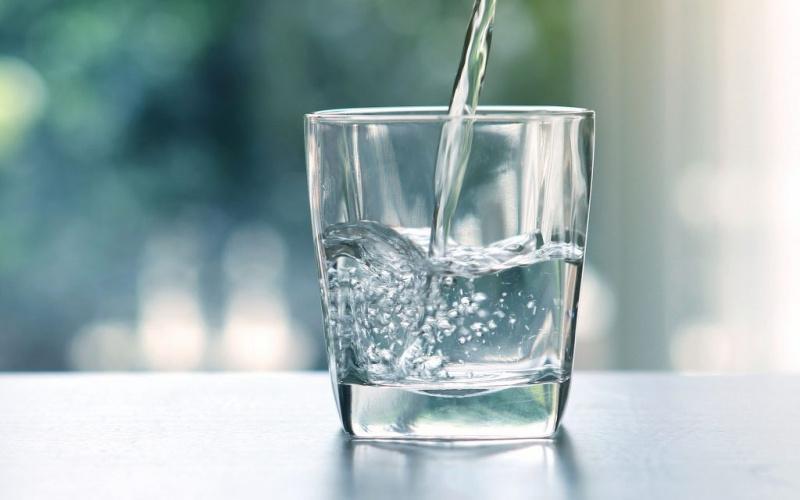Africa-Press – Cape verde. A group of 72 children, the target of a study on Brava Island, Cape Verde, suffers from fluorosis, a disease caused by excess fluoride in the water and which can compromise tooth structure, said the author of the investigation.
“In our study, on Brava Island, we discovered that dental fluorosis affects all children evaluated, with a surprising prevalence of 100%”, and half of them are severe cases, said Ednilson Delgado, master in public health at the Faculty of Science and Technology of the University from Cape Verde.
The spring water used for public supply on the island has fluoride levels that reach around 6.5 milligrams per liter (mg/l), indicated the researcher, based on analyses.
The value exceeds the limits established by the World Health Organization (WHO) and Cape Verdean legislation, a fact that has been publicly discussed for several years, even leading to the installation of treatment machines.
The study now released evaluates the consequences in children aged 12, an age considered relevant, in medical terms, for this type of dental study.
Fluorosis manifests itself through visible stains on the teeth, which can reach the point of eroding the tooth structure, leaving it compromised in adulthood.
Ednilson Delgado said that this is “a public health problem”, with “profound implications” for children’s self-esteem, their ability to chew and interact.
As an example, he pointed out that some feel insecure when smiling or have difficulty eating.
“In addition to dental problems, excessive exposure to fluoride can have repercussions on the bones, causing skeletal fluorosis that leaves them more prone to fractures. It can also affect the thyroid and kidneys, compromising their vital functions”, he concluded, indicating the importance to monitor exposure to fluoride in Brava.
Around 5,500 people live on the island, located in the south of the archipelago.
Lusa tried to obtain clarification from the intermunicipal water company, Águabrava, but received no response.
For More News And Analysis About Cape verde Follow Africa-Press






